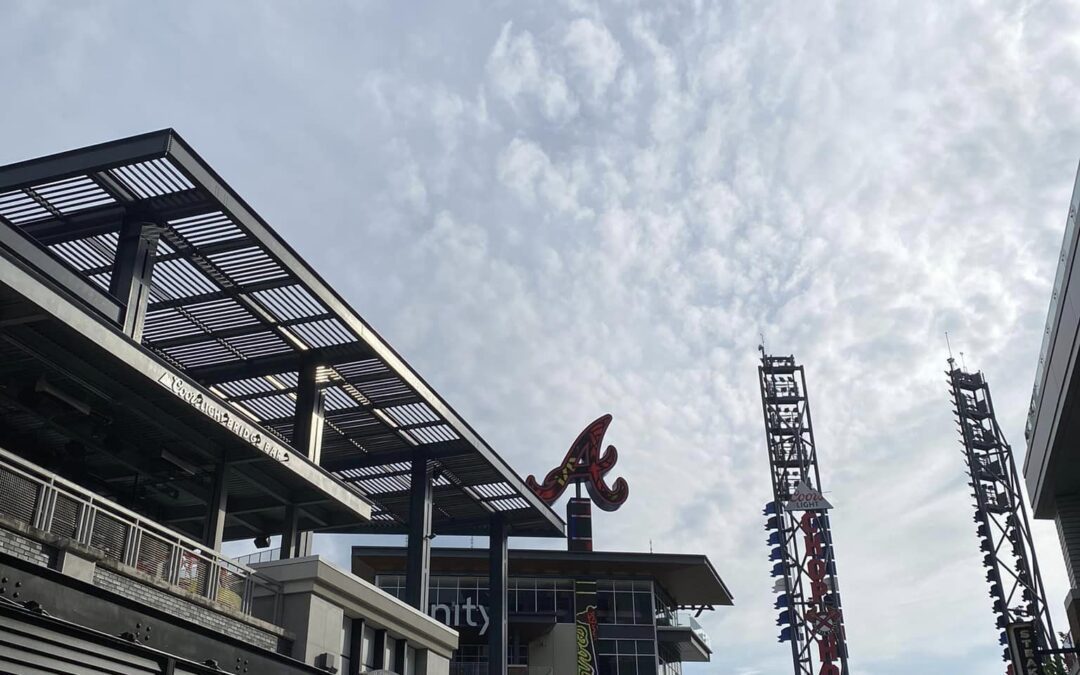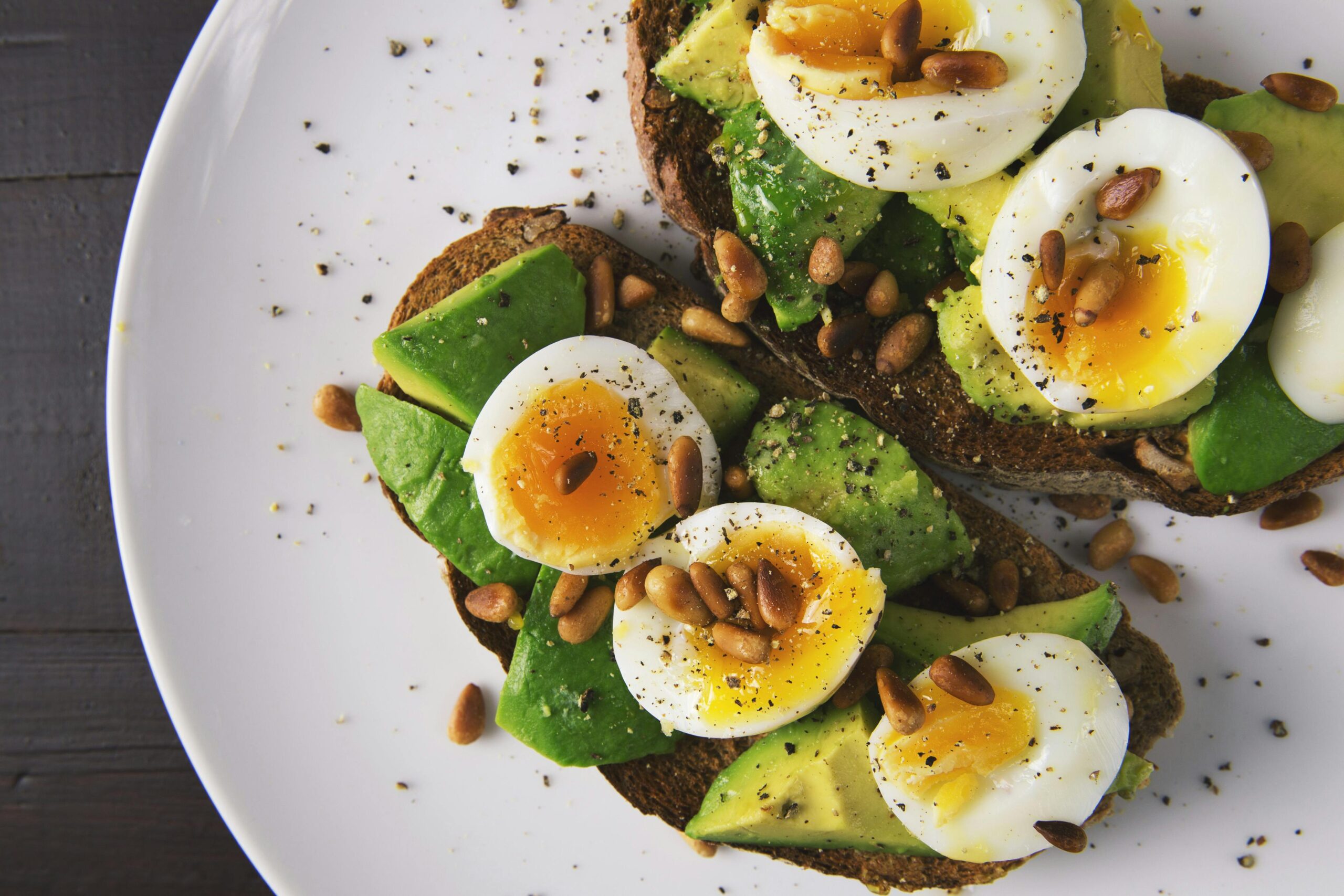Chances are you know someone who has diabetes or perhaps you have it yourself. According to the CDC, “In 2021, 38.4 million people in the US had diabetes. Of those, 29.7 million were diagnosed, and 8.7 million were undiagnosed.” Type 2 diabetes is a long-term condition where the body has trouble controlling blood sugar and using it for energy. Type 1 diabetes is a lifelong condition where the pancreas makes little or no insulin, leading to high blood sugar levels. Typically, those with either Type 1 or Type 2 diabetes deal with high blood sugar, or hyperglycemia. On the flip side, and just as dangerous, is hypoglycemia, or low blood sugar.
I want to share my experience with hypoglycemia, the not-so-fun and often overlooked aspect of blood sugar management. My journey began in 2003 when I moved to Freehold, NJ, to live with my college roommate and best friend. At that time, I was a full-time personal trainer at a local gym. I practically lived in the gym: training clients, lifting weights, taking spin classes, yoga, and Pilates. Simultaneously, I was becoming increasingly strict with my diet, constantly calculating “x calories in and x calories out.” I believed being skinny would make me more desirable as a personal trainer. Looking back, I realize I was developing a distorted body image (which later evolved into athletic bulimia), and I now understand that being fit is far better than being skinny.
I reached my goal weight of 100 pounds, but it didn’t bring me happiness or more clients. In fact, it made me miserable. I struggled to find clothes that fit, even needing to get size 0’s altered. Eventually, every two hours, like clockwork, I would become irritable with anyone around me. My boyfriend was the first to notice and brought it to my attention. I also experienced glazed eyes and found it hard to concentrate and carry on conversations. All I could think about was eating. After taking a fasting blood glucose test, I was diagnosed with hypoglycemia.
I worked closely with a dietician to get my eating habits back on track. I started carrying candy and snacks everywhere I went in case my blood sugar levels dropped. Fun fact: if you look inside my purse today, you will still find snacks. Normally, after eating, blood sugar levels should settle back around 70 mg/dL. My sugar levels would drop as low as 40 or 50 mg/dL. To avoid a “crash,” I became a planner, hyper-focused on where I would be, what I would eat, and when. Dealing with low blood sugar is not fun; it feels terrible, but the planning helped.
At age 30, I experienced two major life changes that I didn’t handle well. I went through mild depression and gained 30 pounds. Interestingly, gaining that weight helped me manage my hypoglycemia, and today, I rarely have crashes. However, I did have two crashes in the last few months, and I want to share one of those experiences.
In June, we attended an Atlanta Braves baseball game as a family to celebrate my nephew’s 7th birthday. The game started at 4 PM, and we ate lunch around 12:30 or 1 PM. I was nervous going into the stadium close to my normal dinner time, knowing I probably wouldn’t find much I could eat (I have gluten and corn sensitivities). I ended up snacking on peanuts, which helped but also caused me to bloat (perhaps due to corn exposure). After the game, we decided to walk back to the hotel and have dinner at the restaurant there. By this time, I was okay, although uncomfortable.
That’s the funny thing about hypoglycemia: you can be fine one minute and then suddenly crash. Lee and I reached the restaurant first, and I ordered immediately because it was already 7 PM. I think I was still waiting for my dinner at 7:30 PM when I started crashing. I couldn’t hold a conversation with my family; all I wanted was food. Finally, I saw my dinner being taken to the wrong table. In my desperation, I got up, followed the waitress, took the dish from her, and brought it back to my table. Looking back, yes, this was extremely rude, but during a crash, I couldn’t help myself. I wasn’t thinking clearly; I just wanted food. After a few bites, I was fine and back to my normal self.
Why am I sharing this story? First, I want you to be aware that hypoglycemia is real and can be very scary for those who have it. Second, we are all on a journey, and it’s important not to judge others despite their behavior. Third, if you know me and have ever had to deal with me during a crash, I apologize. I have anxiety around social situations because of my past with hypoglycemia, and I am very routine-oriented and a bit of a control freak—all because I want to avoid low blood sugar.
In conclusion, living with hypoglycemia has been a challenging part of my life, but it has also taught me resilience and the importance of self-care. If you or someone you know struggles with hypoglycemia, know that you are not alone, and with proper planning and support, it is manageable. Remember to be kind to yourself and others, as everyone is fighting their own battles, some of which are invisible to the outside world.


